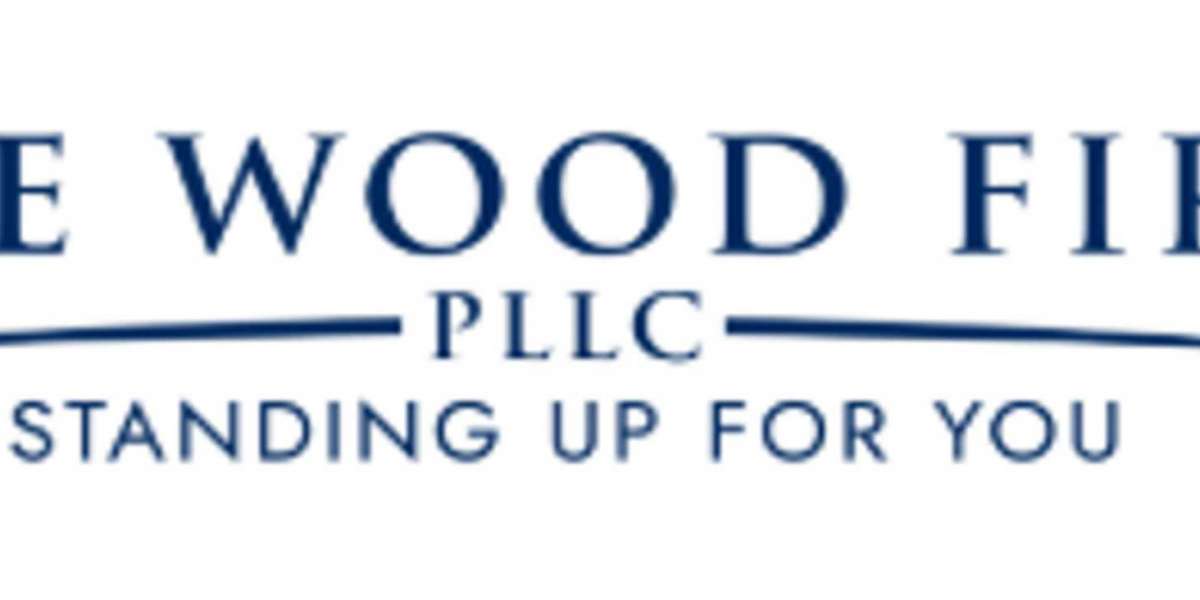Dealing with debt collectors can be one of the most stressful experiences for consumers. When late payments pile up or credit accounts fall behind, debt collection agencies often step in, and their communication can sometimes cross the line into harassment. Many individuals aren’t aware that they have legal rights designed to protect them from abusive or deceptive practices. Understanding these protections can help you respond confidently and take control of your financial situation. One example that often arises in consumer complaints involves Credit One Bank Debt Collection Harassment, which highlights how important it is to know your rights when dealing with creditors and collection agencies.
What Is the FDCPA?
The Fair Debt Collection Practices Act (FDCPA) is a federal law enacted in 1977 to eliminate abusive debt collection behavior. It outlines specific rules that debt collectors must follow when communicating with consumers. The FDCPA applies to third-party debt collectors, meaning companies or individuals hired by the original creditor to recover money owed.
This law doesn’t just protect consumers from verbal abuse or intimidation; it also establishes clear boundaries around how and when debt collectors can contact you. For example, collectors cannot call before 8 a.m. or after 9 p.m., unless you’ve given them permission. They also cannot contact you at work if you’ve told them not to or if your employer prohibits personal calls.
Common Violations of the FDCPA
Despite the clear guidelines established by the FDCPA, many debt collectors continue to engage in illegal practices. Recognizing these violations is the first step in protecting yourself. Some of the most frequent FDCPA violations include:
Harassing or threatening communication – Repeatedly calling you with the intent to annoy or intimidate you is strictly prohibited.
False or misleading statements – Debt collectors cannot lie about the amount you owe, pretend to be attorneys, or falsely claim that legal action has been taken.
Disclosing debt information to others – They cannot discuss your debt with friends, family, or coworkers without your consent.
Using obscene or profane language – The FDCPA bans offensive or threatening language of any kind.
Failing to provide validation of debt – Upon request, debt collectors must send you a written notice verifying the debt, including the amount owed and the name of the creditor.
If you experience any of these behaviors, you may have grounds to take legal action under the FDCPA.
How to Identify Debt Collection Harassment
Debt collection harassment doesn’t always look like aggressive phone calls or threats. Sometimes it’s more subtle, such as excessive contact attempts, misleading letters, or pressure tactics designed to coerce you into paying immediately. Signs you might be facing harassment include:
Receiving multiple calls per day, even after you’ve asked the collector to stop.
Being threatened with arrest, wage garnishment, or lawsuits without proper legal grounds.
Hearing offensive or intimidating language.
Receiving calls at inconvenient times or places.
Being contacted by multiple agencies for the same debt.
Keeping detailed records of every interaction is crucial. Write down the time and date of calls, the names of the people who contact you, and the content of each conversation. These records can become valuable evidence if you decide to file a complaint or pursue a lawsuit.
Your Rights as a Consumer
The FDCPA empowers you to take control of the communication between you and debt collectors. You have several important rights:
Right to request verification of debt: If you’re unsure whether the debt is valid, you can request written verification. The collector must stop contacting you until they provide proof.
Right to limit contact: You can tell a collector in writing to stop contacting you entirely. Once they receive your request, they can only reach out to confirm they’ll stop or to notify you of a specific legal action.
Right to report violations: You can report abusive collectors to the Consumer Financial Protection Bureau (CFPB), the Federal Trade Commission (FTC), or your state attorney general.
Right to sue: If a collector violates the FDCPA, you can file a lawsuit and potentially recover damages, including attorney’s fees.
By understanding and exercising these rights, you can stop harassment and hold debt collectors accountable for their actions.
How to Respond to Debt Collectors
When a debt collector contacts you, it’s essential to remain calm and professional. Avoid providing personal financial information or admitting to the debt before verifying its validity. Here are a few steps you can take to protect yourself:
Ask for written verification – Request a formal validation notice to confirm the legitimacy of the debt.
Keep communication in writing – This creates a paper trail that can protect you if issues arise later.
Set boundaries – If you prefer not to receive calls, send a written “cease and desist” letter.
Avoid emotional reactions – Debt collectors may use pressure tactics to provoke an immediate response. Stay calm and avoid making impulsive decisions.
Consult a consumer rights attorney – A legal expert can help you understand your rights and determine if the collector’s actions violate the FDCPA.
Taking these precautions allows you to manage debt collection interactions on your terms.
Legal Remedies for Debt Collection Harassment
If you’ve been subjected to illegal debt collection behavior, you can seek justice through various legal channels. The FDCPA allows consumers to file lawsuits in federal or state court within one year of the violation. If successful, you could recover:
Actual damages: Compensation for emotional distress or financial loss.
Statutory damages: Up to $1,000, even if you cannot prove actual harm.
Attorney’s fees: The collector may be required to pay your legal costs.
In some cases, class action lawsuits may be appropriate if multiple consumers experience similar violations from the same company. Additionally, reporting the harassment to regulatory agencies helps prevent future abuse and holds companies accountable for unethical behavior.
How to Protect Your Credit Health
While defending yourself against harassment is vital, maintaining your overall credit health is equally important. Avoiding future debt collection issues requires proactive financial management. Here are some practical tips:
Monitor your credit report regularly: Check for errors or accounts you don’t recognize.
Set up payment reminders: Staying current on bills helps prevent accounts from being sent to collections.
Negotiate payment plans: If you’re struggling financially, contact creditors directly before they involve third-party collectors.
Build an emergency fund: Even small monthly contributions can help you avoid missed payments during financial hardship.
Taking these steps can help you rebuild and maintain strong credit over time.
Conclusion
No one should have to endure harassment or intimidation from debt collectors. The FDCPA exists to ensure fairness, transparency, and respect throughout the debt recovery process. By understanding your rights and learning how to respond effectively, you can protect yourself from abusive practices and work toward resolving your financial challenges.
If you believe you’ve been subjected to unfair or aggressive collection tactics, seek legal guidance immediately. Knowing your options can make all the difference in reclaiming peace of mind and financial stability.












